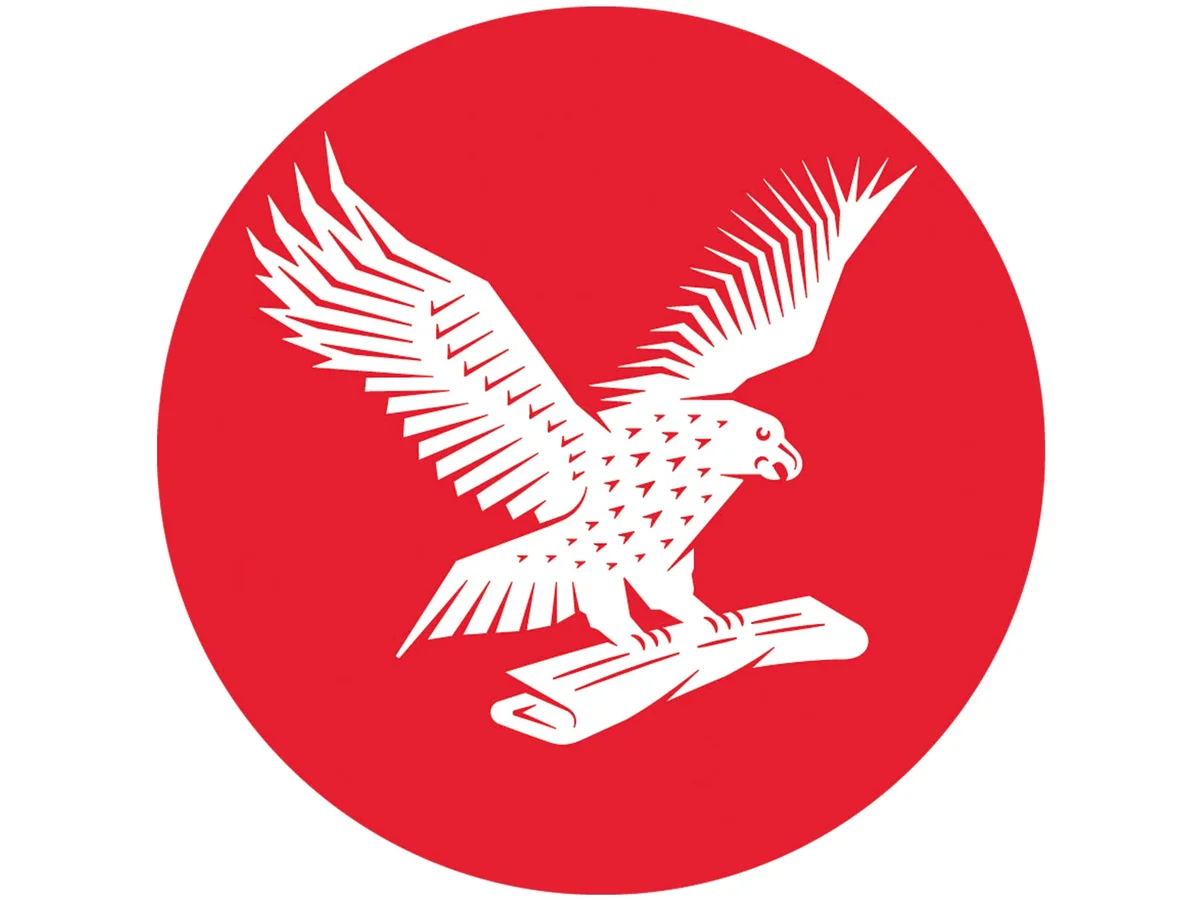Radio 4 Week in Westminster
22 April 2023
More in Common UK Director Luke Tryl discusses the two parties and the main priorities among voters in the lead-up to the May local council elections

22 April 2023
More in Common UK Director Luke Tryl discusses the two parties and the main priorities among voters in the lead-up to the May local council elections

19 April 2023
Op-ed by UK Director Luke Tryl: Poor taste,’ said Julie, ‘Really desperate,’ added Shawn. Mark thought it was ‘A low blow’ and Becky was simply ‘gobsmacked’. That was the verdict of our focus group participants in Erewash in Derbyshire last week when they were shown Labour’s controversial advert suggesting Rishi Sunak did not believe that those convicted of sexually assaulting children should go to prison.

19 April 2023
Luke Tryl, UK director of research consultancy More in Common, said previous extreme tactics by groups like Extinction Rebellion had put some people off the climate movement. "In fact only 22% of the public say they think Extinction Rebellion has been a force for good, and there is a real danger that a further round of disruptive protests will ultimately do more harm than good for the cause of motivating climate action."

19 April 2023
We are about half an hour into the Zoom discussion when the moderator asks: “Has anyone heard of any ads that the Labour Party have released in the last couple of weeks?”...I want to ask if they really, truly haven’t seen or heard a word about the one issue that felt unavoidable throughout the Easter weekend, but do not. More In Common invited me to listen in on their focus group, not participate.

19 April 2023
More in Common polling shared exclusively with Peston's ITV programme, showing that the public largely misunderstand the government's pledge to halve the rate of inflation

17 April 2023
A poll by the More In Common think tank, carried out between April 6 to 11, found that 46 per cent of people still support the Rwanda scheme.
However, results of the poll, published showed almost half (48 per cent) believed the policy would not make a difference to the number of people crossing the Channel in small boats.